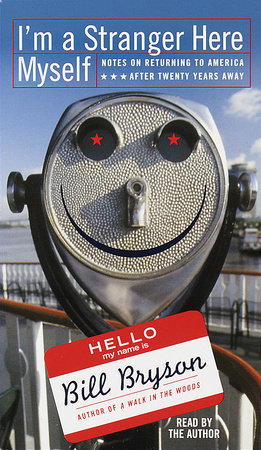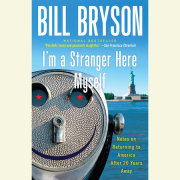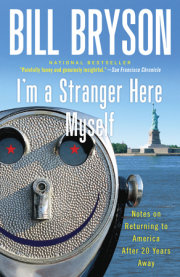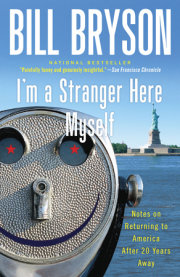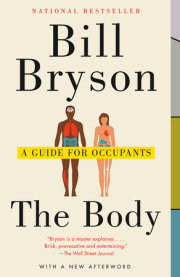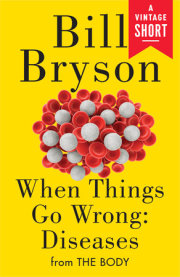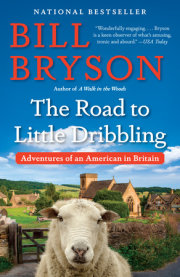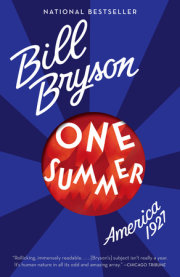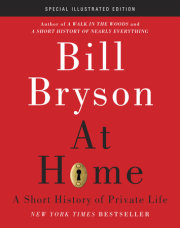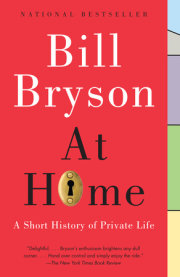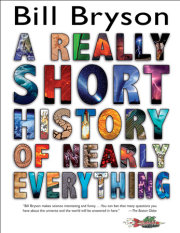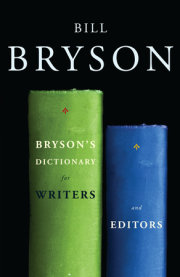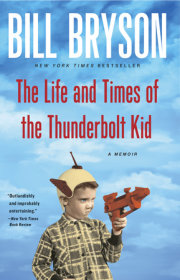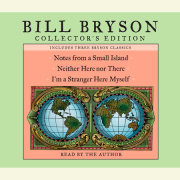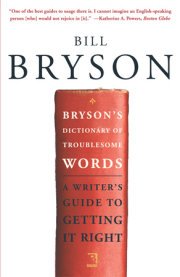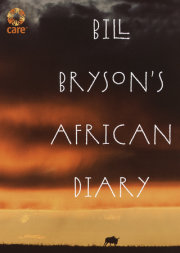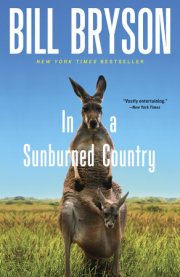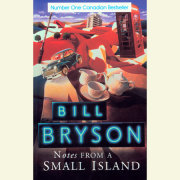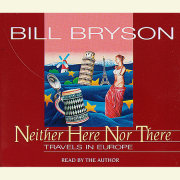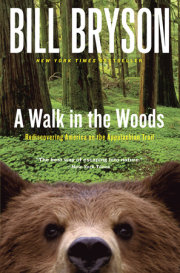Mail CallOne of the pleasures of living in a small, old-fashioned New England town is that it generally includes a small, old-fashioned post office. Ours is particularly agreeable. It's in an attractive Federal-style brick building, confident but not flashy, that looks like a post office ought to. It even smells nice--a combination of gum adhesive and old central heating turned up a little too high.
The counter employees are always cheerful, helpful and efficient, and pleased to give you an extra piece of tape if it looks as if your envelope flap might peel open. Moreover, post offices here by and large deal only with postal matters. They don't concern themselves with pension payments, car tax, TV licenses, lottery tickets, savings accounts, or any of the hundred and one other things that make a visit to any British post office such a popular, all-day event and provide a fulfilling and reliable diversion for chatty people who enjoy nothing so much as a good long hunt in their purses and handbags for exact change. Here there are never any long lines and you are in and out in minutes.
Best of all, once a year every American post office has a Customer Appreciation Day. Ours was yesterday. I had never heard of this engaging custom, but I was taken with it immediately. The employees had hung up banners, put out a long table with a nice checkered cloth, and laid on a generous spread of doughnuts, pastries, and hot coffee--all of it free.
After twenty years in Britain, this seemed a delightfully improbable notion, the idea of a faceless government bureaucracy thanking me and my fellow townspeople for our patronage, but I was impressed and grateful--and, I must say, it was good to be reminded that postal employees are not just mindless automatons who spend their days mangling letters and whimsically sending my royalty checks to a guy in Vermont named Bill Bubba but rather are dedicated, highly trained individuals who spend their days mangling letters and sending my royalty checks to a guy in Vermont named Bill Bubba.
Anyway, I was won over utterly. Now I would hate for you to think that my loyalty with respect to postal delivery systems can be cheaply bought with a chocolate twirl doughnut and a Styrofoam cup of coffee, but in fact it can. Much as I admire Britain's Royal Mail, it has never once offered me a morning snack, so I have to tell you that as I strolled home from my errand, wiping crumbs from my face, my thoughts toward American life in general and the U.S. Postal Service in particular were pretty incomparably favorable.
But, as nearly always with government services, it couldn't last. When I got home, the day's mail was on the mat. There among the usual copious invitations to acquire new credit cards, save a rain forest, become a life member of the National Incontinence Foundation, add my name (for a small fee) to the
Who's Who of People Named Bill in New England, help the National Rifle Association with its Arm-a-Toddler campaign, and the scores of other unsought inducements, special offers, and solicitations that arrive each day at every American home--well, there among this mass was a forlorn and mangled letter that I had sent forty-one days earlier to a friend in California care of his place of employment and that was now being returned to me marked "Insufficient Address--Get Real and Try Again" or words to that effect.
At the sight of this I issued a small, despairing sigh, and not merely because I had just sold the U.S. Postal Service my soul for a doughnut. It happens that I had recently read an article on wordplay in the
Smithsonian magazine in which the author asserted that some puckish soul had once sent a letter addressed, with playful ambiguity, to
HILL
JOHN
MASS
and it had gotten there after the postal authorities had worked out that it was to be read as "John Underhill, Andover, Mass." (Get it?)
It's a nice story, and I would truly like to believe it, but the fate of my letter to California seemed to suggest a need for caution with regard to the postal service and its sleuthing abilities. The problem with my letter was that I had addressed it to my friend merely "c/o Black Oak Books, Berkeley, California," without a street name or number because I didn't know either. I appreciate that that is not a complete address, but it is a lot more explicit than "Hill John Mass" and anyway Black Oak Books is a Berkeley institution. Anyone who knows the city--and I had assumed in my quaintly naive way that that would include Berkeley postal authorities--would know Black Oak Books. But evidently not. (Goodness knows, incidentally, what my letter had been
doing in California for nearly six weeks, though it came back with a nice tan and an urge to get in touch with its inner feelings.)
Now just to give this plaintive tale a little heartwarming perspective, let me tell you that not long before I departed from England, the Royal Mail had brought me, within forty-eight hours of its posting in London, a letter addressed to "Bill Bryson, Writer, Yorkshire Dales," which is a pretty impressive bit of sleuthing. (And never mind that the correspondent was a trifle off his head.)
So here I am, my affections torn between a postal service that never feeds me but can tackle a challenge and one that gives me free tape and prompt service but won't help me out when I can't remember a street name. The lesson to draw from this, of course, is that when you move from one country to another you have to accept that there are some things that are better and some things that are worse, and there is nothing you can do about it. That may not be the profoundest of insights to take away from a morning's outing, but I did get a free doughnut as well, so on balance I guess I'm happy.
Now if you will excuse me I have to drive to Vermont and collect some mail from a Mr. Bubba.
(Some months after this piece was written, I received a letter from England addressed to "Mr. Bill Bryson, Author of 'A Walk in the Woods,' Lives Somewhere in New Hampshire, America." It arrived without comment or emendation just five days after it was mailed. My congratulations to the U.S. Postal Service for an unassailable triumph.)
Copyright © 1999 by Bill Bryson. All rights reserved. No part of this excerpt may be reproduced or reprinted without permission in writing from the publisher.

